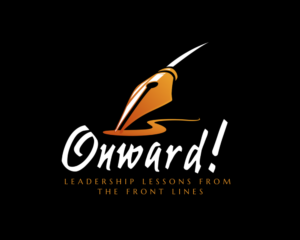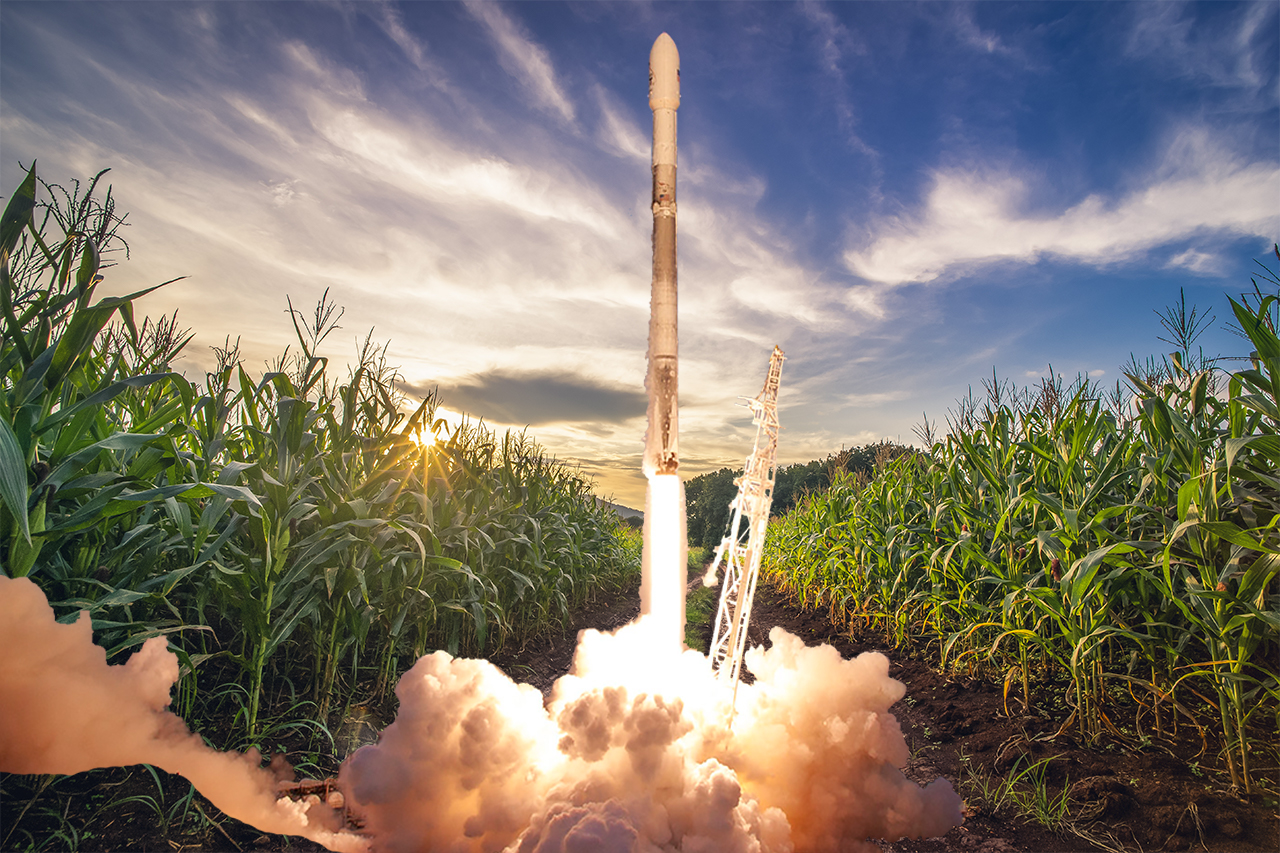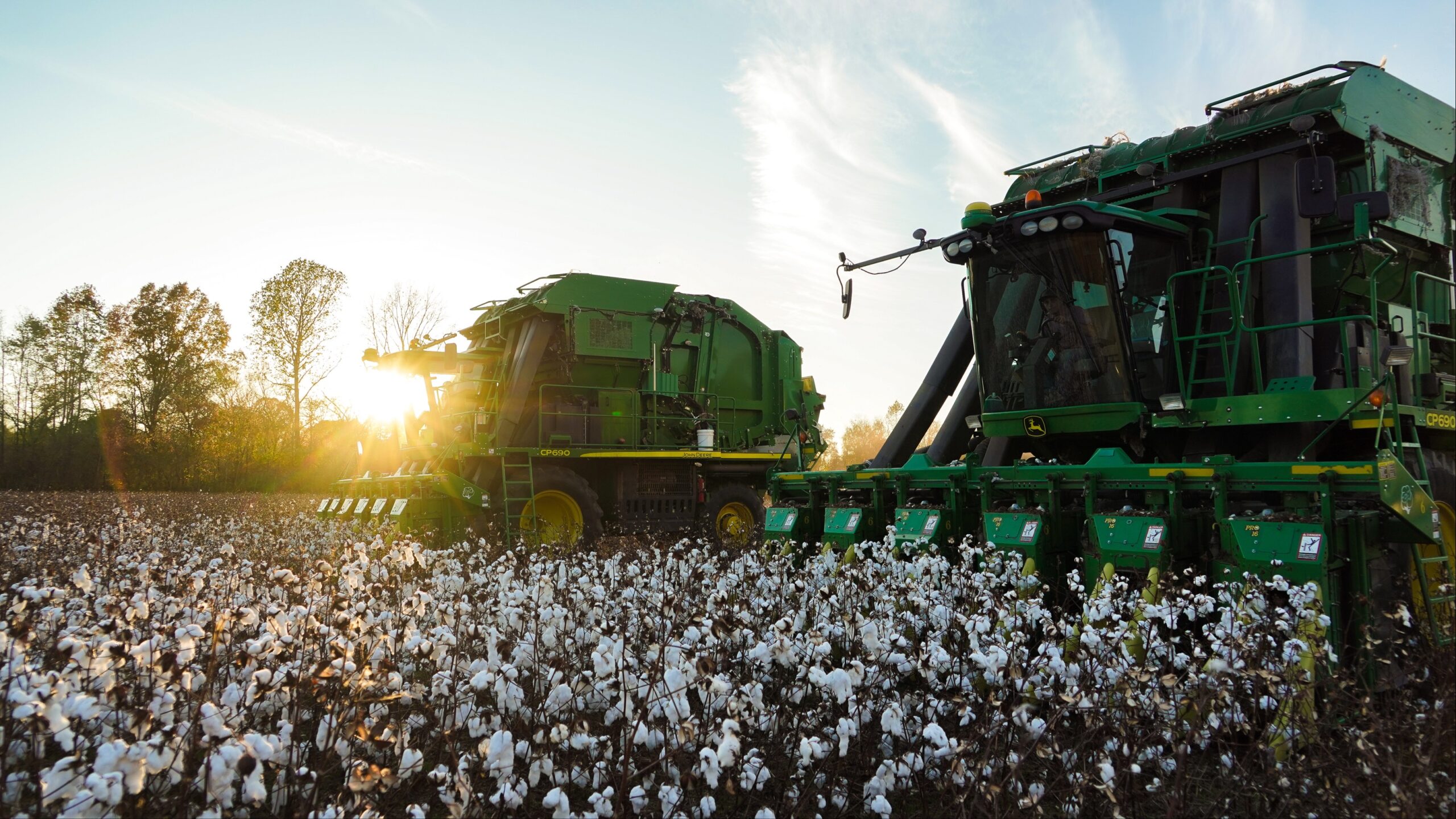I am a space geek. One of my guilty pleasures is watching SpaceX launches on YouTube. I love how they broadcast them live and enjoy learning about what is happening at each step along the rocket’s journey. This past week I was in Orlando for a conference when a colleague told me that a new weather satellite was headed to space from near-by Cape Canaveral. So we snuck away for a few hours to watch in person, a once-in-a-lifetime experience.
One of the most dangerous times during a rocket’s launch is called Max Q. “Q” in physics stands for dynamic pressure, the amount of force being applied to the rocket from the atmosphere as the rocket accelerates. As a rocket takes off, its speed increases rapidly, creating more aerodynamic resistance – think sticking your hand outside the window as your car accelerates. But as the rocket rises towards space, the air gets thinner, reducing the aerodynamic resistance. Max Q is the mathematical point where the combination of the rocket’s speed and the thickness of the atmosphere cause the most stress – “dynamic pressure” – on the rocket.

Farmers are approaching their own version of Max Q right now. They must make a series of critical choices around what to plant, when to plant, what to feed the plants and how much to invest in protecting them.
If Mother Nature wasn’t enough, Mother Russia has reared her head. Russia and Belarus are major sources of key plant nutrients. Fertilizer prices — already high due to supply chain disruptions, new tariffs and nationalistic policies – have skyrocketed since Russia invaded Ukraine. Now the Canadian Pacific Railway faces a potential strike which could cripple fertilizer shipments from key ally and trading partner Canada. And we haven’t even mentioned crop protection products – essential to clearing fields of carbon-storing, nutrient-preserving cover crops and protecting the plants from all manner of bugs and disease – are short due to the pandemic, shipping delays and hurricane Ida.
Sure, crop prices are way up and the prize is potentially there, but money doesn’t grow on trees. As President Eisenhower said, “Farming looks mighty easy when your plow is a pencil and you’re a thousand miles from a corn field.” With fertilizer prices up 300%, crop protection up over 200%, fuel up 30%, and rural labor and seasonal help virtually nonexistent, farmers are struggling to find a way to do what they need to do but how to pay for it as well.
Think of it like playing blackjack at a casino, as farming requires gambling with Mother Nature. This year, the minimum bet tripled. And risk is different for a farmer. If they fail, they don’t just loose their job, they loose their home, their way of life and potentially the land that has been in their family for generations.
Max Q indeed.
Many of us in the agriculture supply chain we face our own Max Q. We have been working through the global supply chain challenges for months to ensure we have product pre-positioned in our warehouse. We’ve placed enormous bets on fertilizer hoping the product will arrive in time, prices will hold and that farmers will buy it. We’ve also just completed our first merger, adding 150 new teammates from Tri-County Farmers Association. Their success is important to us. We also have to manage our own credit challenges, as many of our farmers will need our help to pay for their inputs. Our equipment is older, as much of it is backordered. Covid has thankfully faded a bit but remains very much part of our lives. I feel the stress myself and can see it on many people’s faces.
We all face our own versions of Max Q. How can we get through it if we find ourselves in highly stressful situations.
1. Be the Rocket. The rocket needs to continue to push past Max Q where the ride will get easier. If it stops, it risks complete failure. So as the old saying goes, “When you’re going through hell, keep going.”
2. Stick Together. Rockets rely on metal and engineering to hold them together. We humans have something better – each other. The challenge for many of us is that when we feel stressed, we tend to draw inward, further isolating ourselves. However, study after study shows that the best way to de-stress is to turn outward, to help someone else in distress. Thus, if you find yourself isolated or stressed, reach out to others. You don’t have to admit you’re struggling; just explain you’re just checking in on them. You’ll not only be helping them, but you’ll be helping yourself as well.
3. Focus on What You Can Control. As I checked into the hotel at the conference last Sunday, I noticed a tattoo on the forearm of the person checking me in. It was the Serenity Prayer, recited by so many who journey through Alcoholics Anonymous. “God, grant me the serenity to accept the things I cannot change, the courage to change the things I can, and the wisdom to know the difference.” I struggle with this at times. I worry about and want to change the world when it is far healthier to focus on myself, my actions, and to take care of those around me.
4. Try to Maintain Perspective. Sometimes it is hard to remember that this too shall pass. In agriculture it is probably easier, as spring planting has been part of human history since we domesticated plants nearly 10,000 years ago. Every spring has challenges. This one may have more than others, but we know with absolute certainty the sun will rise, the earth will continue around the sun and warmer days will be here soon. Life will find a way. So will our farmers. So will you.
So if you run into a farmer out there and they seem especially grumpy, have some sympathy – they are approaching Max Q. Thank them for the work they do and buy them a cup of coffee. They provide the food, fiber and fuel we need to live. This spring, with much of Europe’s breadbasket under attack by Russia, the whole world is depending on them more than ever.
Onward!
Jeff
Jeff Blair is President and CEO of GreenPoint Ag, a farmer-owned agronomy company serving farmers and member farmer-owned cooperatives across the southern US. He’s passionate about leadership and wants to share some of the lessons he’s learning on his leadership journey.





